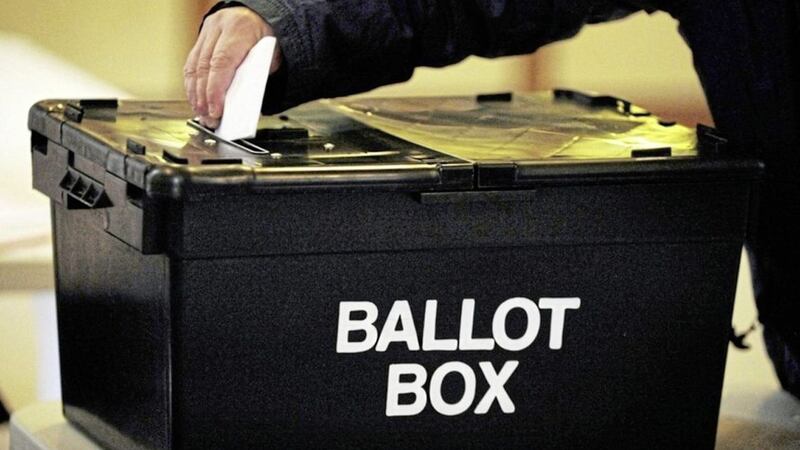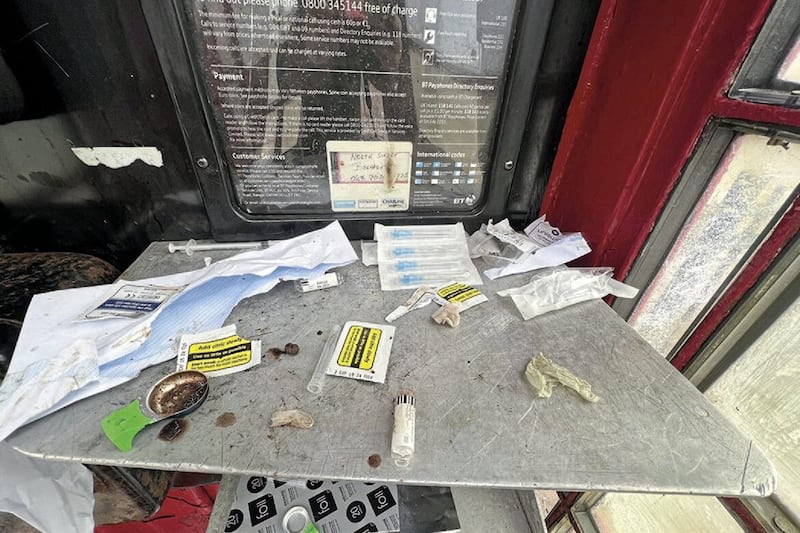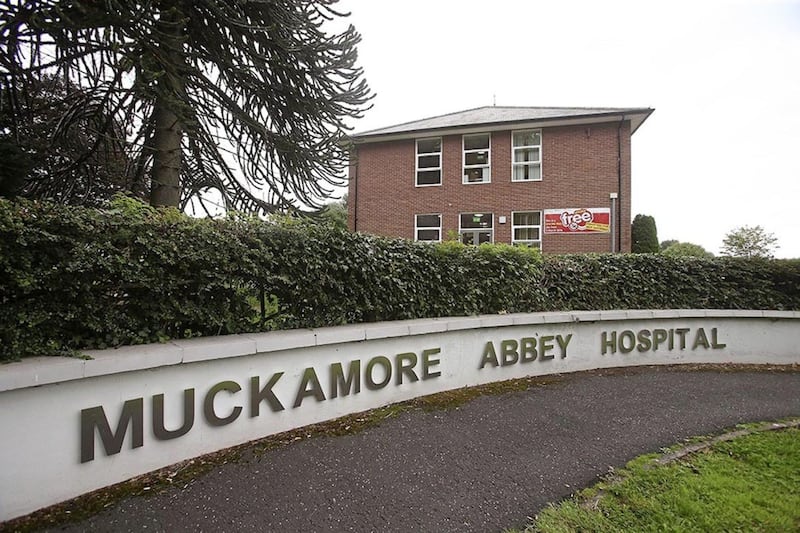In just a few days, voters will have to cast their ballots in what feels like approximately the nine hundredth election in the last six years.
We’ve had Westminster elections in 2015 and again in 2017, assembly elections in 2016 and 2017, the Brexit referendum in 2016, local government elections in 2014 and again next month. If you’re lucky enough to live in North Antrim you’ll also have been asked to vote in a recall petition against sitting MP Ian Paisley last summer. Voters in the constituency will be forgiven if they decide to close their curtains and pretend not to be at home when canvassers appear at their door for the sixth consecutive year in a row.
Even when the local elections are over the misery will continue.
Just weeks later we’ll also be asked to vote again, this time in European Parliamentary elections. It seems bizarre that we have to go to the polls to elect people who may never take up their seats in a parliament representing a union which the UK was supposed to leave in March and may still leave in… October is it now? If Theresa May stands down as prime minister, as she’s promised she will, that could potentially trigger another general election. By that stage the only candidates willing to stand might be various Rees-Mogg and Johnson siblings and serial election-botherer Nigel Farage.
Election campaigns are like visits from dull distant relatives - we dread their arrival and they outstay their welcome so much that we are relieved when they finally go.
While I have huge respect for anyone willing to put their name on the ballot paper and spend weeks canvassing in all weathers, it’s unsurprising that many candidates are reporting severe voter fatigue.
The botched Brexit process has left voters thoroughly fed-up with the political process. The mess has led to a toxic mixture of apathy and anger amongst the electorate.
There is a huge danger that mishandling of the UK’s exit from the European Union is undermining the entire democratic process. We talk often in the north about how the absence of Stormont has led to a political vacuum which extremist republicans and loyalists are willing to fill.
The strong reaction to Fr Martin Magill’s rebuke of politicians during his address at murdered journalist Lyra McKee’s funeral last week showed the anger and disappointment that many people feel about the continuing impasse. He was absolutely right that it should not have taken the killing of a 29-year-old woman to bring the different parties together.
But we should guard against lumping all politicians together. The ‘they’re all the same’ narrative doesn’t stand up to scrutiny. Many politicians across all the parties have continued to work hard for their constituents despite being hamstrung by the impasse. Party constituency workers are continuing to plough through baffling PIP forms and act as advocates for people on housing lists. That hard work though is likely to be overshadowed by failings in the wider political system.
We may have had more than our fair share of elections but disquiet amongst voters isn’t solely confined to the north. And some politicians themselves seem equally fed-up.
In a fascinating Channel 4 interview last week, a reporter went canvassing with a Conservative councillor in Yorkshire who admitted that he was considering leaving his own party to join the pro-EU Change UK.
“So you’re going around wearing that blue rosette asking people to vote Tory and you’re telling me that you might jump ship?” reporter Clare Fallon said.
“In the back of my mind that is a niggling doubt I’ve got, yes,” he said.
It does seem ridiculous to canvass for votes when you’re not even convinced that you want to be a member of the party which you’re canvassing for but that appears to be the political climate in which we’re living.
It’s unlikely that next month’s local elections will throw up too many surprises. What it may show is a dramatic drop in voter turn-out. Historically, the north has always had a more engaged electorate than in Britain. While engagement hasn’t translated into a better system of politics, no one wants to see an apathetic electorate. When voters stop engaging, there is no real mandate for change.
We might all be dispirited by a string of elections which have strengthened a destructive kind of politics but the alternative is no democracy at all. Better to complain and vote than not to have that right at all.








